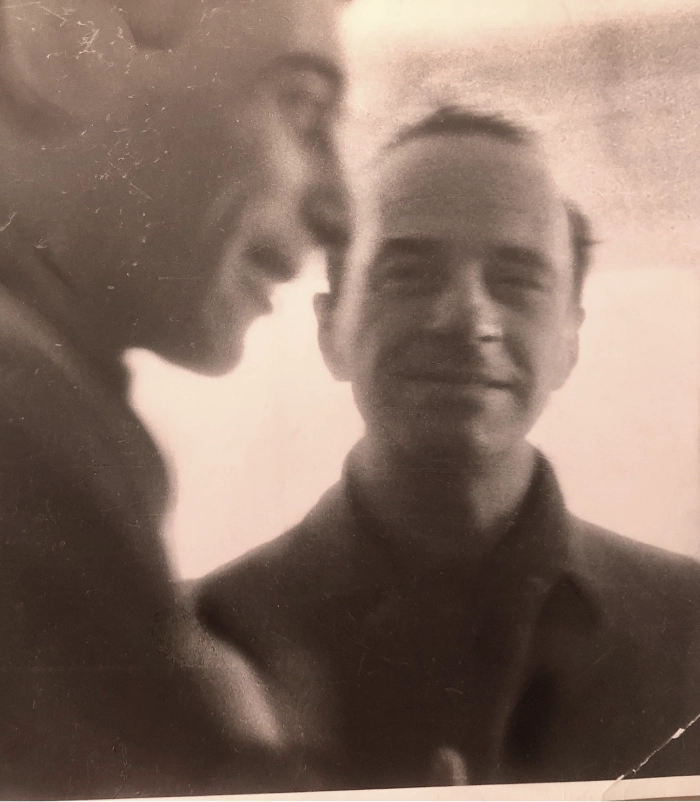Biography of Victor Varshavsky
Victor Ilyich Varshavsky (Виктор Ильич Варшавский , 23 February 1933 ‐ 3 January 2005) was a pivotal Soviet and later Russian engineer and scientist, with profound contributions to the evolution of computer science, notably in threshold logic, probabilistic automata, and asynchronous circuits. His scholarly journey reflected a commitment to extending the frontier of cybernetics, particularly in the automation and computational theories that underpin modern computing technologies.
Born amidst the burgeoning technology landscape of the Soviet Union's Leningrad, Varshavsky's early life was marked by the turbulence of World War II, prompting his evacuation to Barnaul. His return to Leningrad saw him complete his schooling before embarking on higher education at the Leningrad Institute of Precision Mechanics and Optics (now ITMO University), where he specialised in "Firing control devices." This foundation led him to the Leningrad Institute of Aviation Instrumentation where he defended his PhD dissertation on threshold logic in 1962.
The zenith of Varshavsky's academic pursuits was reached in 1969 when he earned his DSc (equivalent to Habilitation) at the Academy of Sciences of the USSR, advancing studies in collective behaviour of probabilistic automata—a continuum of Michael Tsetlin's work, his Doctor of Science advisor.
His professional odyssey from 1956 at the Research Institute of the Ministry of Shipbuilding Industry, where he initially served as an engineer, saw Varshavsky ascend to group leader. His tenure at the Computing Center of the Leningrad Branch of the Mathematical Institute (ВЦ ЛОМИ) was distinguished by his role as head of department, pushing the boundaries of computation and system architecture. In 1980, Varshavsky was appointed Full Professor at the Department of Computer Science at Leningrad Electrotechnical Institute (LETI), taking a significant portion of his team with him.
The later years of Varshavsky's career were characterised by international engagement and innovation. In 1988, he founded "Trassa," a research and development company that specialised in CAD tools for the synthesis and analysis of asynchronous circuits, adapting through the collapse of the Soviet Union until its conclusion in 1993. Subsequently, Varshavsky relocated to Japan, serving as Full Professor and Head of the Computer Logic Design Laboratory at the University of Aizu until 2000. His final years were spent in Israel, where he was a Chief Scientific Officer at Neural Network Technologies and later at Advanced Logic Design Company at Kanazawa University.
Throughout his illustrious career, Varshavsky contributed to over 150 papers, authored 6 books, and was granted more than 120 patents in the USA, USSR, and Japan. His work not only advanced theoretical frameworks but also yielded practical applications, evidenced by numerous inventions that were adopted for mass production, earning him the Honorary Badge “Inventor of the USSR” and a VDNH gold medal in microelectronics.
As a member of several prestigious committees and councils, including those under the USSR Academy of Sciences focused on cybernetics and artificial intelligence, Victor Varshavsky remains a significant figure in the field, having paved the way for numerous advances in computer science and engineering that continue to impact technology and computation today. His legacy is a testament to the enduring power of rigorous scientific inquiry and innovation in navigating and shaping the complex landscapes of modern computing.
